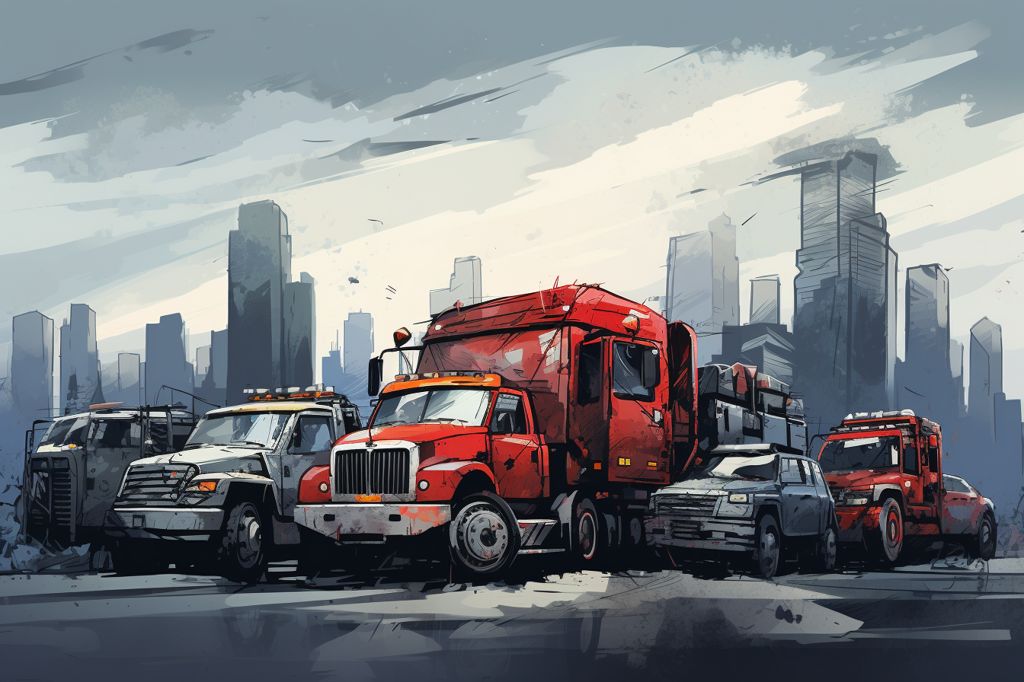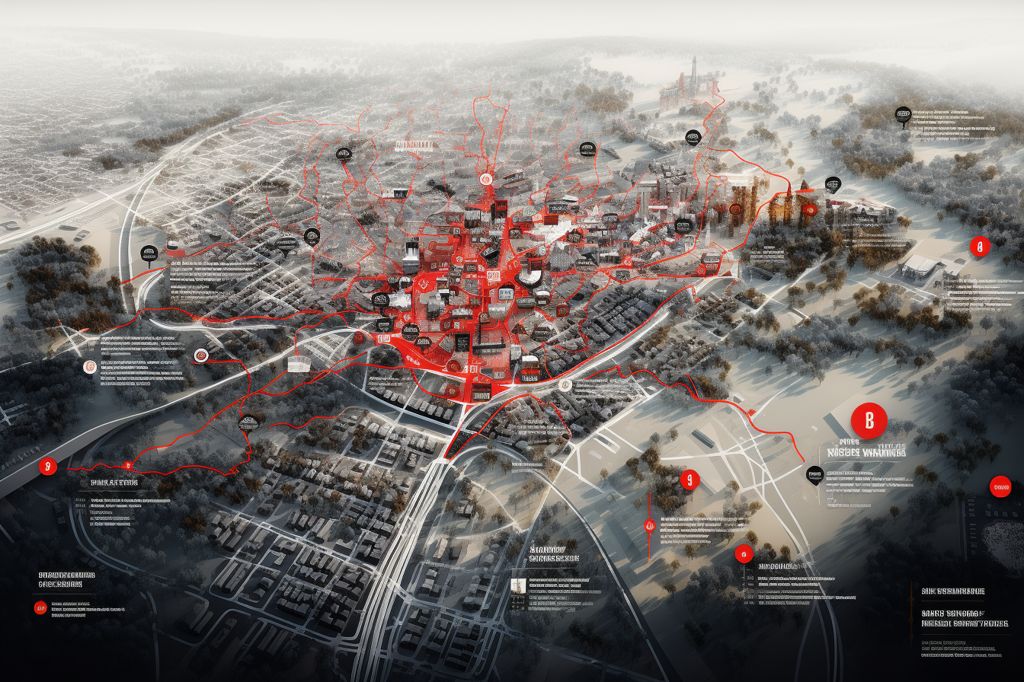Cape Town has seen a steady increase in public transport impoundments in recent weeks. The city’s three agencies within the Safety and Security Directorate have arrested nearly 400 people, highlighting the efforts made to ensure road safety.
Enforcing Traffic Regulations
Cape Town Traffic Services conducted integrated roadblocks, resulting in the impoundment of 326 public transport vehicles. This is a significant increase from the previous week, with 264 vehicles impounded, and 248 in the two weeks prior. The vehicles are confiscated based on legislation targeting drivers who either fail to produce a valid operating license or operate contrary to the conditions of their license.
Commitment to Road Safety
Alderman JP Smith, the City’s Mayoral Committee Member for Safety and Security, has emphasized the dedication to making roads safer for everyone. Although the enforcement agencies attend to many of the hundreds of complaints received each week, they cannot be everywhere simultaneously. Therefore, the public must take responsibility and exhibit better driving behavior to enable officers to focus on other critical tasks.
Recent Arrests and Traffic Offenses
During the recent week, Traffic Services arrested 82 individuals, with 74 of those arrests being for driving under the influence. Officers recorded 32,201 speeding offenses, issued 26,293 fines for various traffic violations, and executed 2,184 warrants of arrest.
Traffic By-law and Impoundment Tariffs
The new Traffic By-law empowers enforcement officers to impound vehicles for an array of offenses. Following an impoundment, the City can charge a daily or monthly tariff for the storage of impounded vehicles, and owners have three months from the date of impoundment to retrieve their vehicles. The by-law can be accessed on the City of Cape Town’s official website.
Law Enforcement Department and Metro Police
Meanwhile, the City’s Law Enforcement Department officers made 280 arrests in the past week. The Metro Police Department also made 36 arrests and issued 2,949 fines. In a recent incident, Metro Police CCTV operators alerted officers in Parow to three suspects digging up cables in Fransie Van Zyl Street. Although the suspects fled the scene, one of them was caught and arrested for cable theft and malicious damage to property. Officers confiscated various tools, including two spades, a hammer, a box cutter, a hacksaw blade, and a spanner.
Working Together for Road Safety
Cape Town’s enforcement agencies continue to regulate traffic, penalize lawbreakers, and maintain safety on the roads. However, residents must report any criminal activity or emergency by calling the appropriate helplines. By working together, the community and enforcement agencies can ensure that Cape Town’s roads remain safe for everyone.








